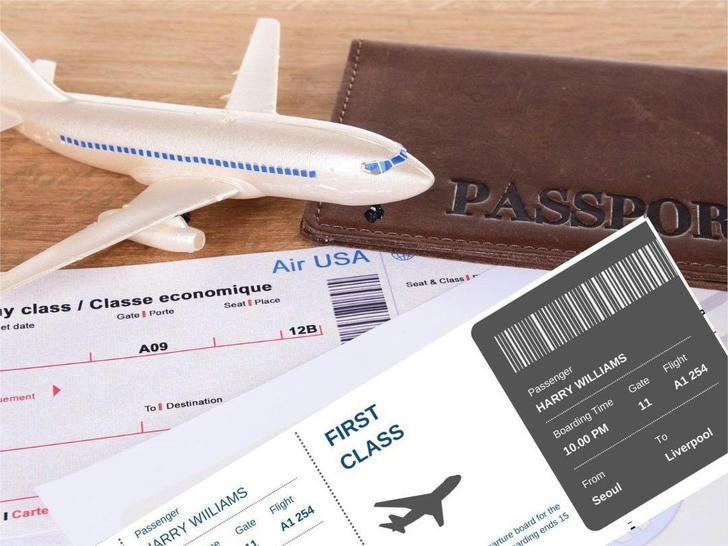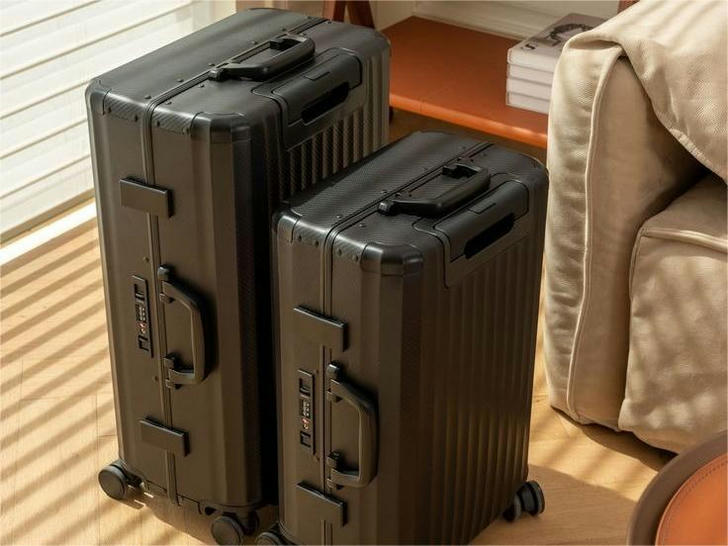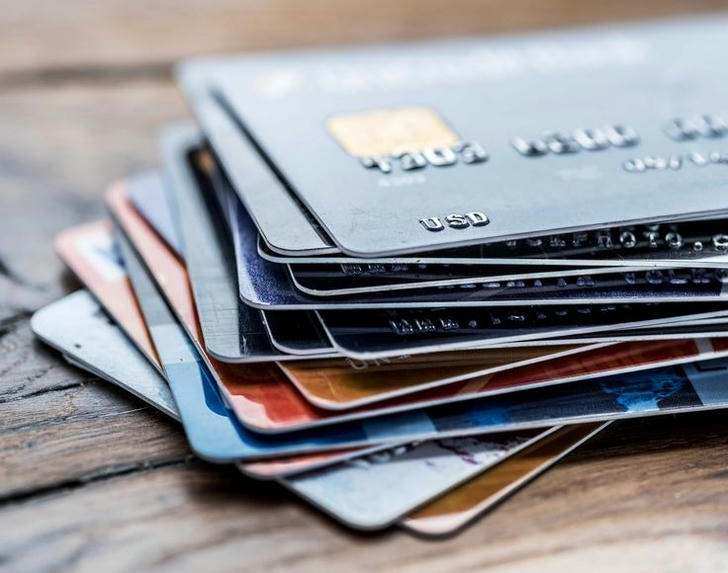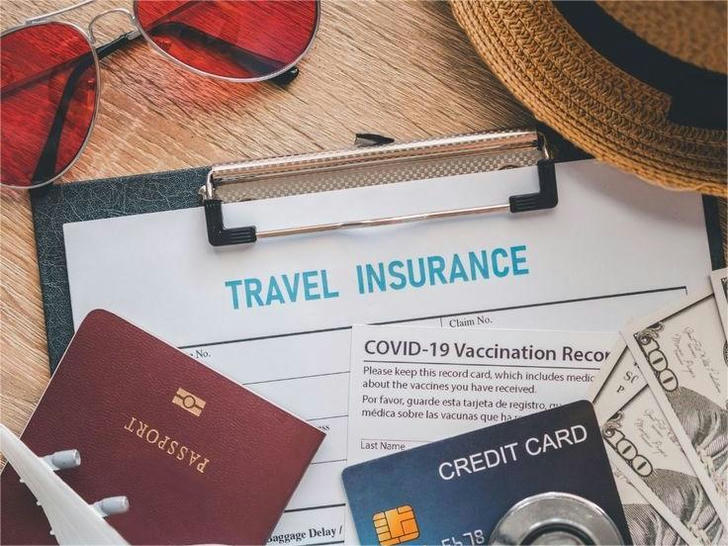Mastering International Travel Preparation for a Seamless Adventure

Traveling abroad is an enriching and unforgettable experience. However, to ensure your journey is smooth and enjoyable, thorough preparation is key. Being well-prepared can help you avoid unnecessary hassles, allowing you to fully immerse yourself in every moment of your trip. Below is a detailed travel preparation guide to help you organize everything you need before your departure, ensuring a successful journey.
1. Passport and Visa Preparation

Ensure Passport Validity
Your passport is the most essential travel document. Most countries require that your passport be valid for at least six months beyond your planned departure date. Before traveling, check your passport’s expiration date and make sure it meets this requirement. If your passport is about to expire or already expired, apply for a renewal as soon as possible to avoid any issues.
Make Copies of Passport Information
To prevent complications in case your passport is lost or stolen, it’s advisable to store an electronic copy in a secure cloud or on a USB drive. You should also make several photocopies and carry them separately from your original passport. This will help speed up the process of getting a replacement if needed, as you will have the necessary details available.
Obtain Your Visa
A visa is often required for international travel. Visa requirements vary from country to country. Some destinations may allow entry with an eVisa or on arrival, while others may require a traditional paper visa. Make sure to check the visa requirements of your destination well in advance and apply for it a few weeks before your departure. Pay attention to the visa’s validity and number of entries to ensure a smooth entry into the country.
2. Flight Tickets and Accommodation Confirmation

Confirm Your Flight Information
Before departure, confirm your flight details, especially your departure time, gate number, and baggage allowance. It’s a good idea to check in online 24 hours prior to departure using the airline’s website or app. This will save you time and allow you to select your preferred seat. Don’t forget to print out your ticket or save the e-ticket for easy access.
Finalize Your Accommodation
Make sure all your accommodation bookings are confirmed and keep the confirmation emails or printed confirmation documents with you. Many hotels may require you to present your booking confirmation at check-in. If your itinerary includes multiple accommodation locations, organize all addresses and contact numbers in advance to avoid any confusion.
3. Packing Your Luggage

Choose the Right Luggage
When selecting luggage, consider the duration of your trip, the climate of your destination, and the types of activities you will be doing. For longer trips, a larger suitcase is typically appropriate, while shorter trips may only require a smaller travel bag. Make sure your luggage meets the size and weight requirements of the airline to avoid excess baggage fees.
Pack According to the Climate
Before you pack, check the weather forecast for your destination. Choose clothing appropriate for the temperature and weather conditions. For cold destinations, pack warm clothing such as sweaters, coats, and scarves, while lighter clothing is suitable for tropical areas. Comfortable shoes are essential, especially if you have walking or hiking planned during your trip.
Power Adapters and Chargers
Different countries use different voltage levels and plug types. It’s crucial to bring a universal power adapter and plug converter. Additionally, make sure to pack chargers for all your electronic devices so you can keep them powered throughout your trip, including your phone, camera, and e-reader.
Personal Hygiene Items
Basic hygiene products are a must for any trip. Consider bringing travel-sized toiletries like toothpaste, toothbrush, shampoo, and body wash. These will help save space in your luggage. It’s also wise to carry some wet wipes, toilet paper, and hand sanitizer, especially when traveling to remote locations or long-haul flights.
4. Money and Payment Methods

Exchange Some Local Currency
Although credit cards are widely accepted, it’s still a good idea to carry some local currency for small expenses like tips, transportation fares, and street vendors. Exchange a small amount of money before you depart to avoid unfavorable exchange rates or high fees at airports and tourist areas.
Credit and Debit Cards
It’s advisable to carry an international credit card to handle expenses abroad. Before you leave, notify your bank to prevent any fraud alerts on international transactions. Also, bring a backup card in case your primary card is lost or unable to work.
Traveler’s Checks or Prepaid Cards
In some countries, traveler’s checks or prepaid cards can be a safer option, especially for those who prefer not to carry large amounts of cash. Keep these documents secure and note down the relevant details to facilitate easy access when needed.
5. Insurance and Emergency Preparedness

Purchase Travel Insurance
Travel insurance is one of the most important ways to protect yourself during your trip. Comprehensive insurance can cover medical expenses, lost luggage, flight delays, and other unexpected situations. Choose an insurance plan based on your needs, including coverage for overseas medical care, emergency evacuation, and trip cancellations.
Emergency Contact Information
It’s important to be able to contact your family or friends while abroad. Store emergency contact numbers in your phone and note down the local embassy or consulate details. Download communication apps that can work offline to ensure you stay in touch in case of emergency.
Medications and Health Information
If you take prescription medications regularly, make sure to bring enough for your trip and carry a doctor’s prescription. Also, pack over-the-counter medications for common ailments like headaches, indigestion, or travel-related illnesses. If you have any special health needs, carry relevant medical records and information with you for quick reference in an emergency.
6. Language and Cultural Preparation
Use Translation Tools
Language can often be a barrier when traveling to unfamiliar destinations. Download a multilingual translation app (like Google Translate) to help you communicate with locals. Learning a few basic phrases, such as greetings, thank you, and excuse me, can also make a positive impression and help you feel more connected to the local culture.
Understand Local Customs and Etiquette
Every country has its own unique customs and etiquette. By familiarizing yourself with these practices, you can avoid making mistakes or offending others. For instance, in some countries, talking loudly at meals is considered rude, while in others, revealing clothing might not be appropriate. Respecting local customs not only shows courtesy but also ensures your travel goes smoothly.
7. Itinerary and Important Documents
Prepare Your Travel Itinerary
Planning your itinerary in advance can prevent last-minute confusion. Organize your daily activities, including sightseeing, transportation, and meal arrangements. Print out or store your itinerary on your phone for easy access whenever needed.
Rent a Car or Plan Other Transportation
If you plan to rent a car during your trip, make sure to bring your international driving permit and necessary documents. Research local traffic laws and rental policies in advance to avoid any issues. For long-distance travel, consider booking domestic flights, train tickets, or long-distance buses to streamline your journey.
Keep Copies of Important Documents
Make photocopies of essential documents such as your passport, visa, identification, and hotel bookings. Store these copies separately from your originals and consider keeping digital versions in your phone or a cloud service. This will help you access them quickly if you lose your documents or need them for reference.
These are the essential preparations for international travel, covering everything from passport and visa requirements to packing, insurance, and language preparation. By staying organized and being proactive, you can ensure a smooth and enjoyable trip abroad.
